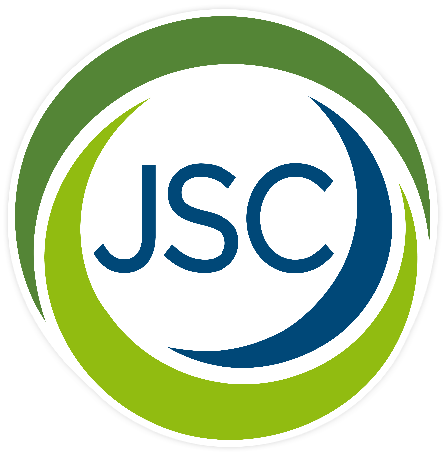Interview Advice for New Physicians
After over a decade of conducting executive searches for healthcare and higher education institutions across the nation, when it comes to interviews, we’ve seen it all. We’ve sat on the employer’s side of the table throughout every stage of the hiring process, from question development to candidate evaluation, and we have acquired a keen understanding of what makes—or breaks—an interview. On the other side, we have also coached hundreds of candidates and learned the most common questions or concerns they have going into the interview. To answer them, we asked our Executive Search Consultant, Adam Rockey, for help.

Q. What is the best way to answer the “tell me about yourself” question?
It’s so easy to fall into the “I” trap when answering this question, but most candidates don’t realize this is a great opportunity to show humility and put the focus on “we” instead. Rather than simply listing the things you have accomplished or skills you have learned, talk about the key people that helped you along the way. When you acknowledge that your team and mentors were a critical component to your successes, it shows the interviewer that you are a team player and that you will be more likely to be a mentor to future generations. This is especially important in today’s workplace environments that put so much emphasis on culture and collaboration. Hiring organizations are seeking leaders who know how to build trusting relationships, demonstrate empathy, and are willing to humble themselves for the sake of their team.
Q. How much should you reveal about your flaws or weaknesses in an interview?
When an interviewer asks you what your greatest weakness is, the worst thing you can do is to not have an answer. Knowing your own limitations is a big part of being able to learn and grow as a leader. If you can’t identify an area that could be improved upon, it tells the interviewer that you aren’t self-aware or may be lacking in emotional intelligence. While there is no one right way to answer this question, here are three angles to consider:
- Reference an attribute that isn’t necessarily essential in the position for which you are interviewing.
- Focus on an area that you are already actively working on improving and let the interviewer know how you are doing so.
- Mention one of your strengths and discuss how it could be construed as a weakness if not in the right context.
Q. What is the one common trait every interviewer is looking for?
No matter what line of work you are in, humility is key. Your resume is there to showcase your skillsets and accomplishments, so use your interview time to shed light on your personality and compassion. For example, when asking candidates about transitions they made throughout their careers, we often ask how the decision to leave their team made them feel and how their team felt about it. The answer tells us a lot about their leadership style.
Q. What is your favorite unexpected question to ask?
I love to ask candidates about the last book they read. Their answer not only gives you a sense of their personal interests, but can oftentimes show how serious they are about self-improvement. If you’re interviewing for a leadership position and the interviewer asks this question, your best bet is to site a leadership development book. Employers really favor candidates that have a student mentality no matter how far they are into their career.
Q. What is the one thing to keep in mind during any interview?
Interviewers are rarely trying to trick the interviewee. When we develop the questions, our goal is to give you as many opportunities to sell yourself as possible. Don’t be nervous; just be honest. A good interviewer will ask thoughtful questions that lead you down a path that gives them the information they need.


